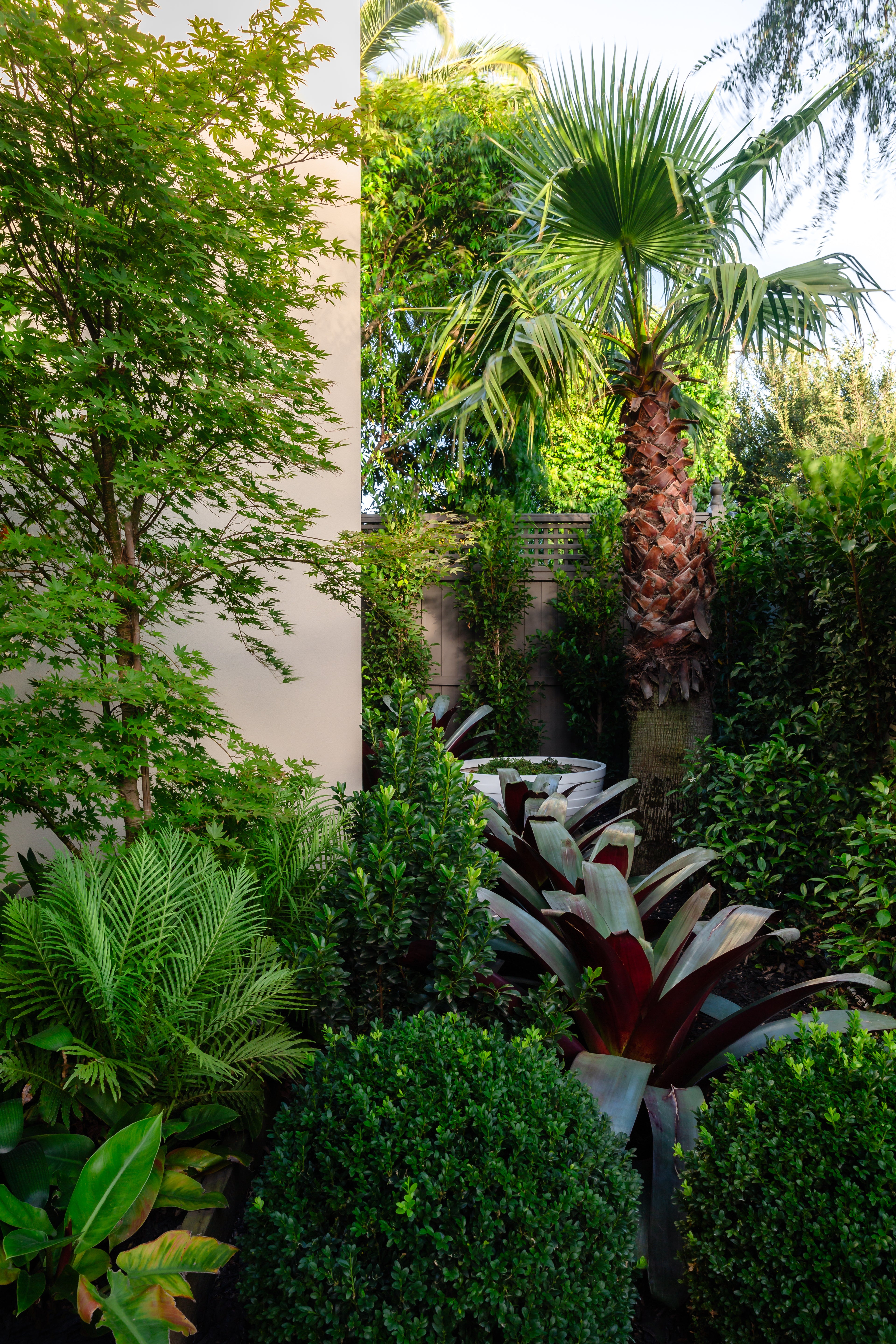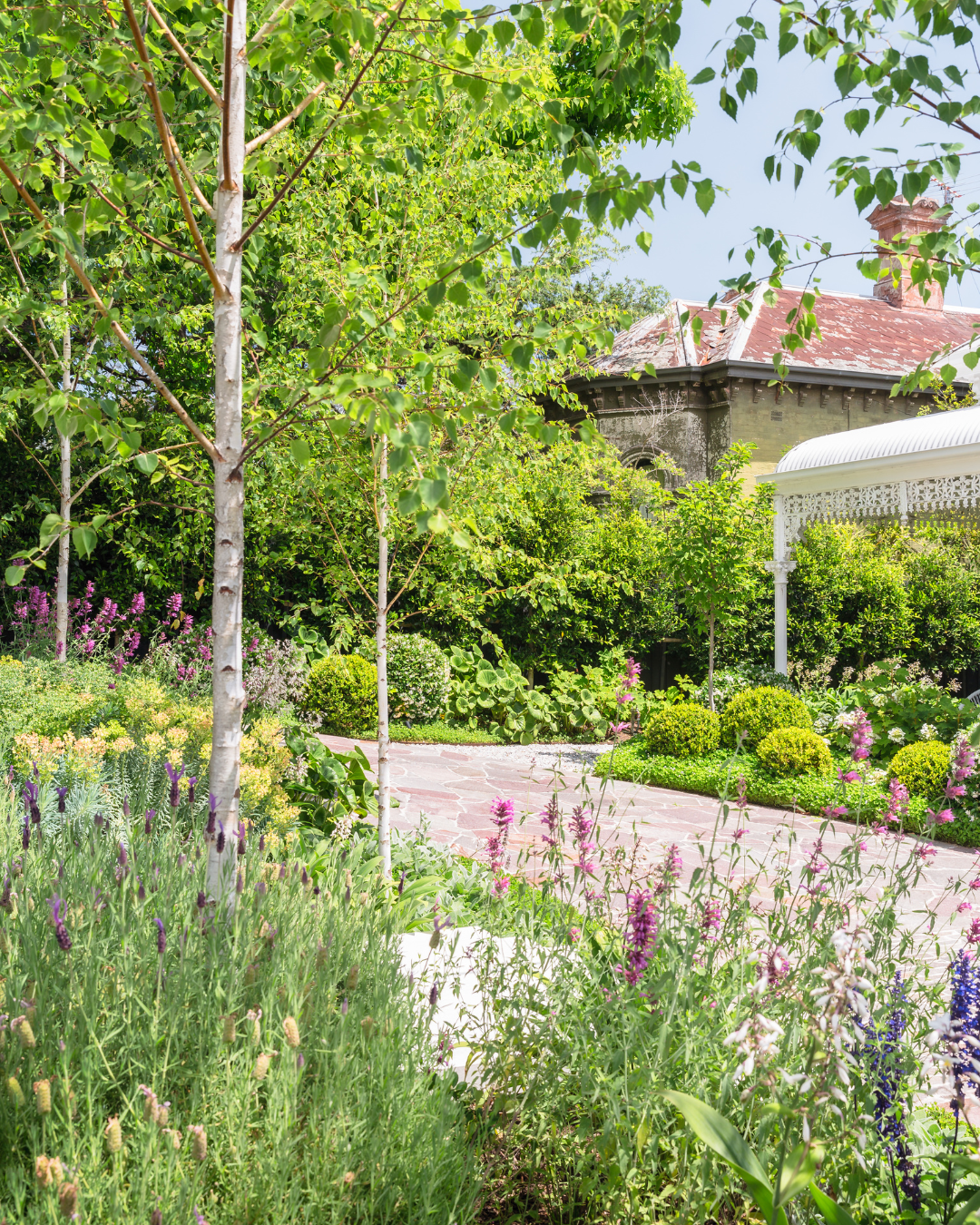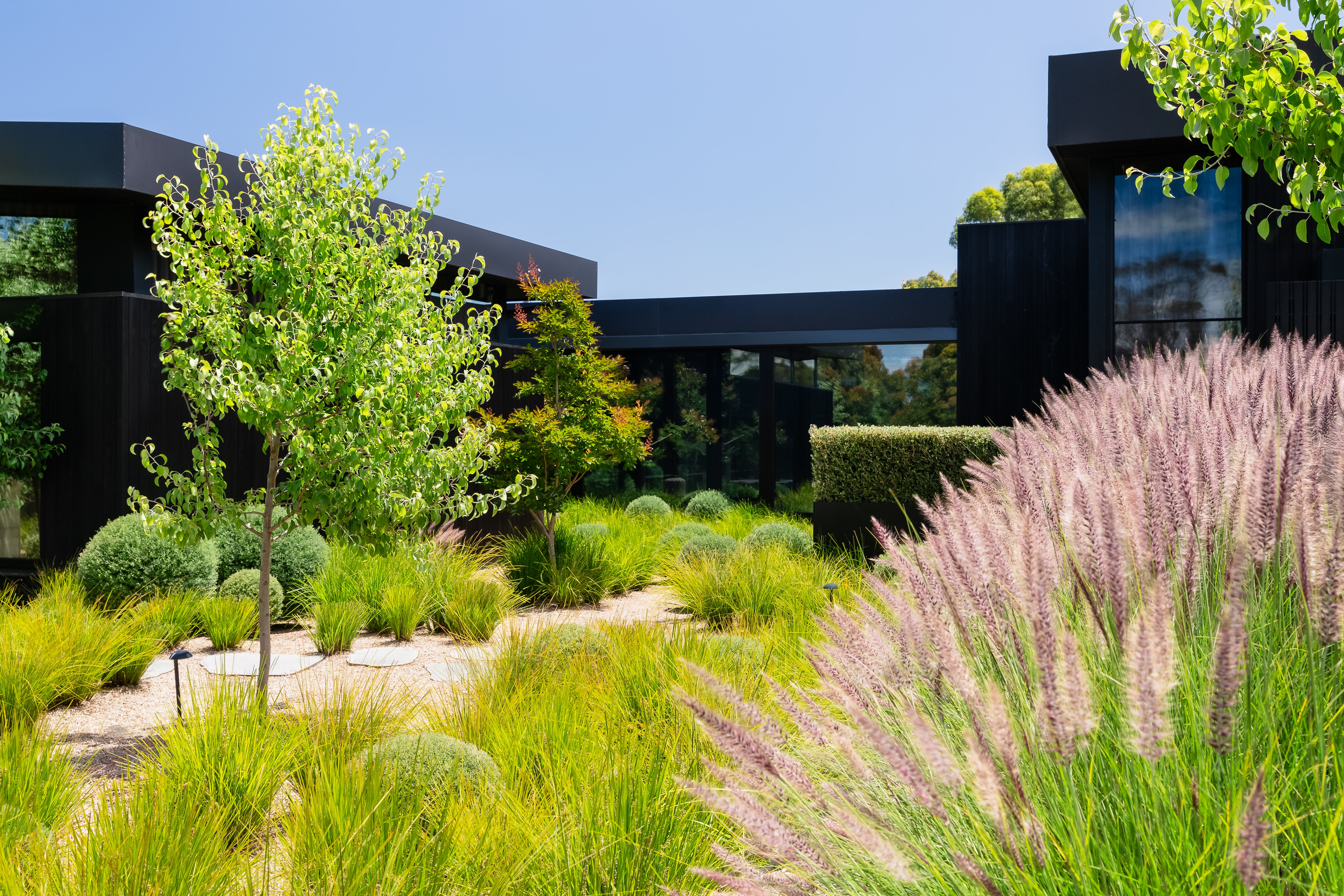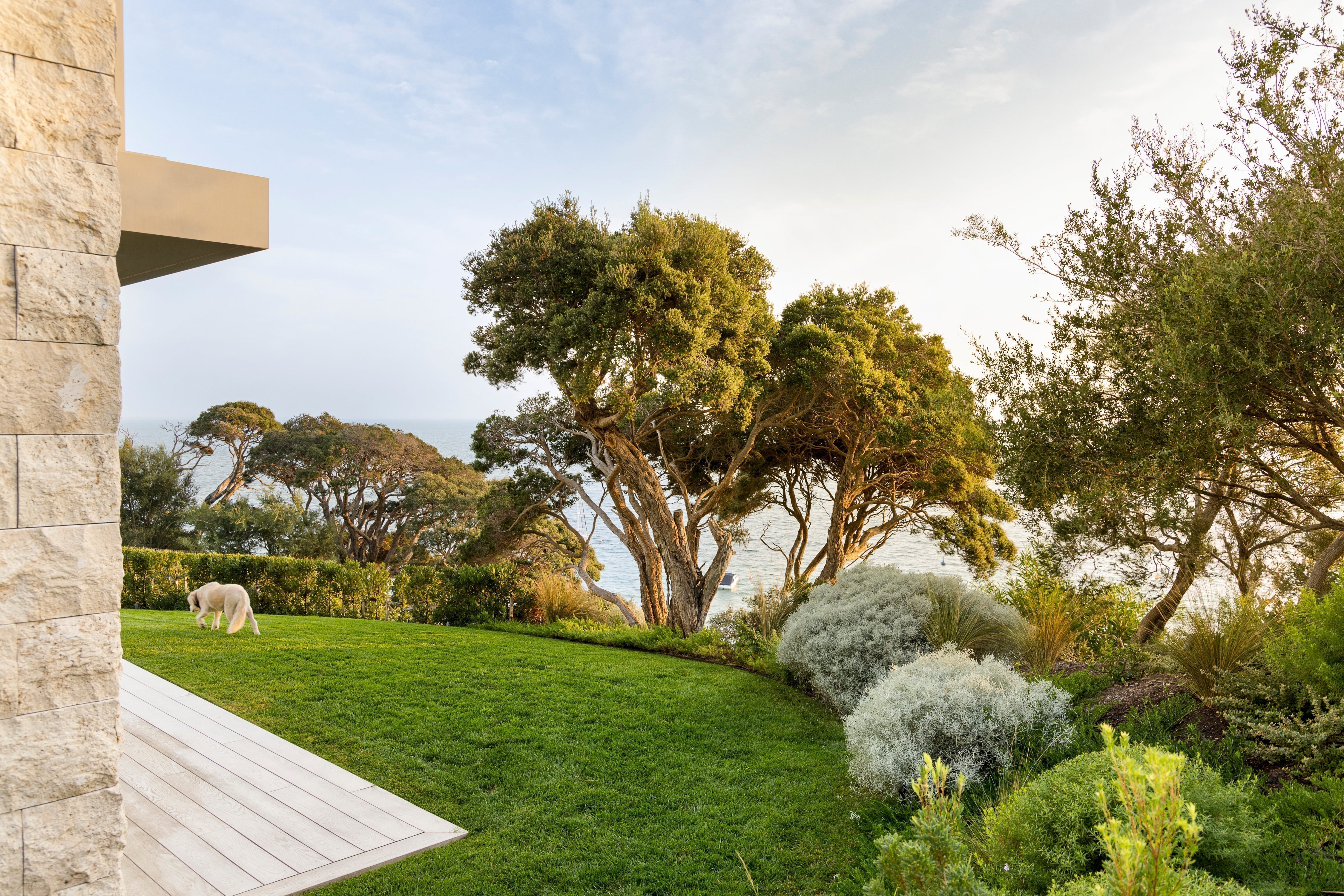

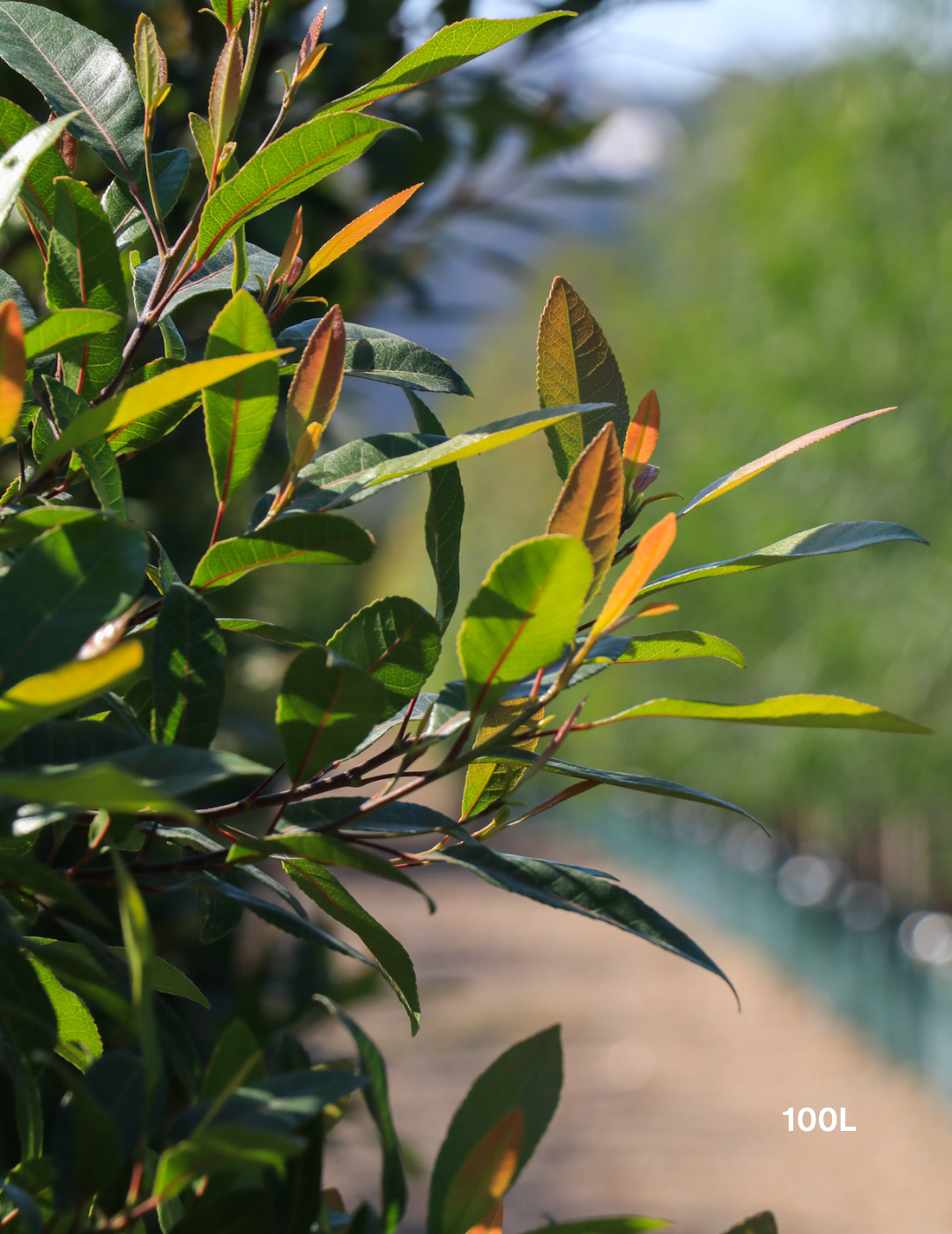
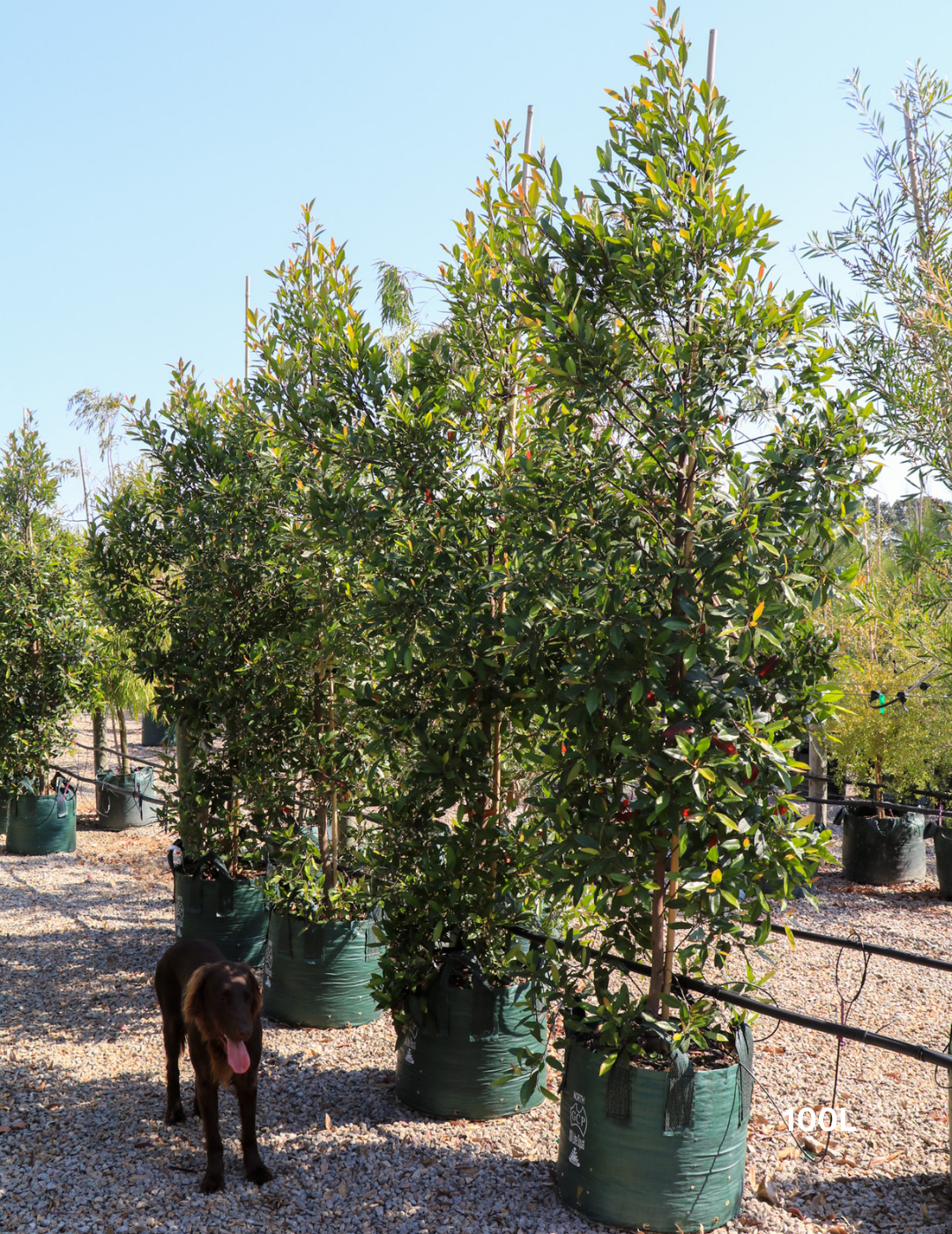
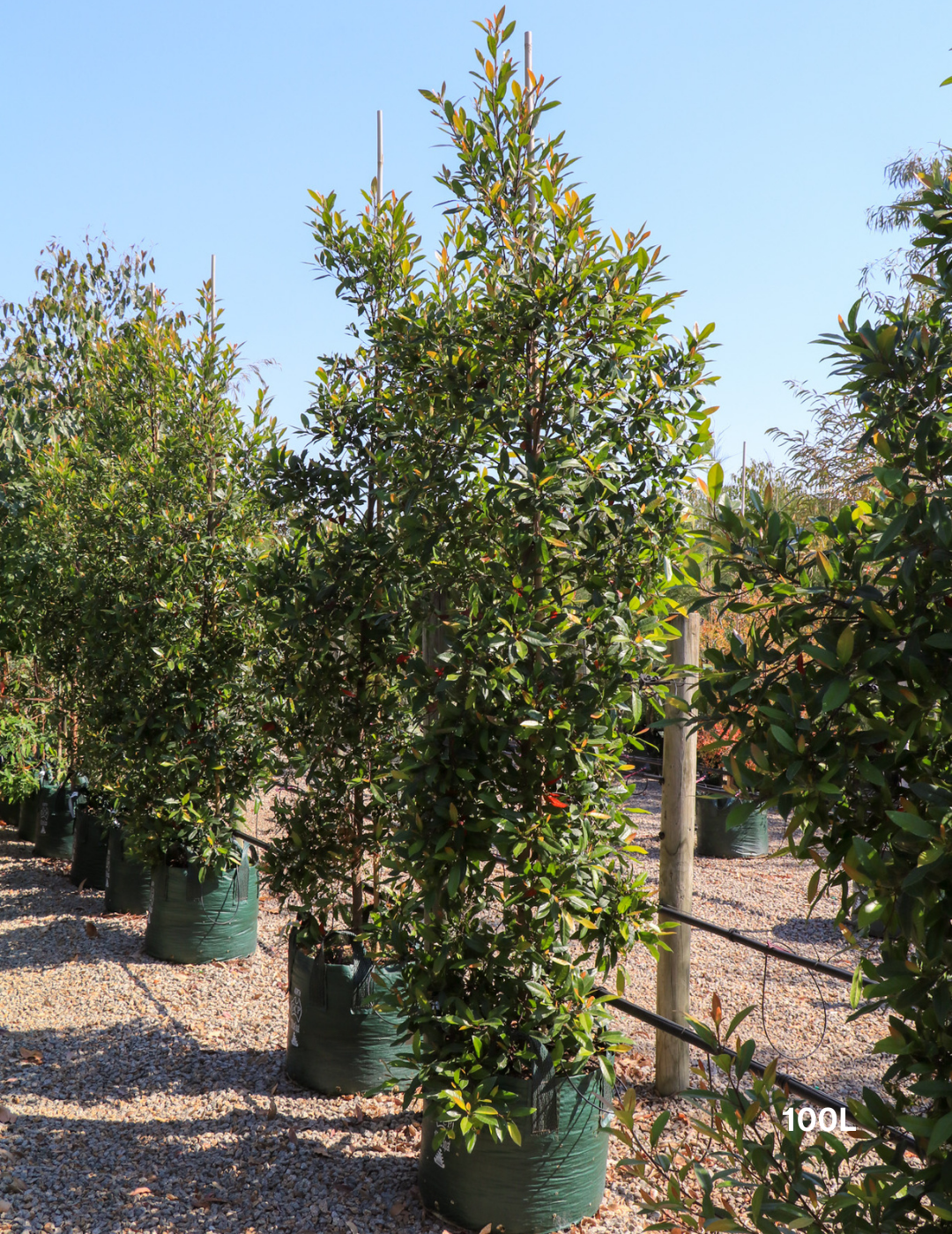
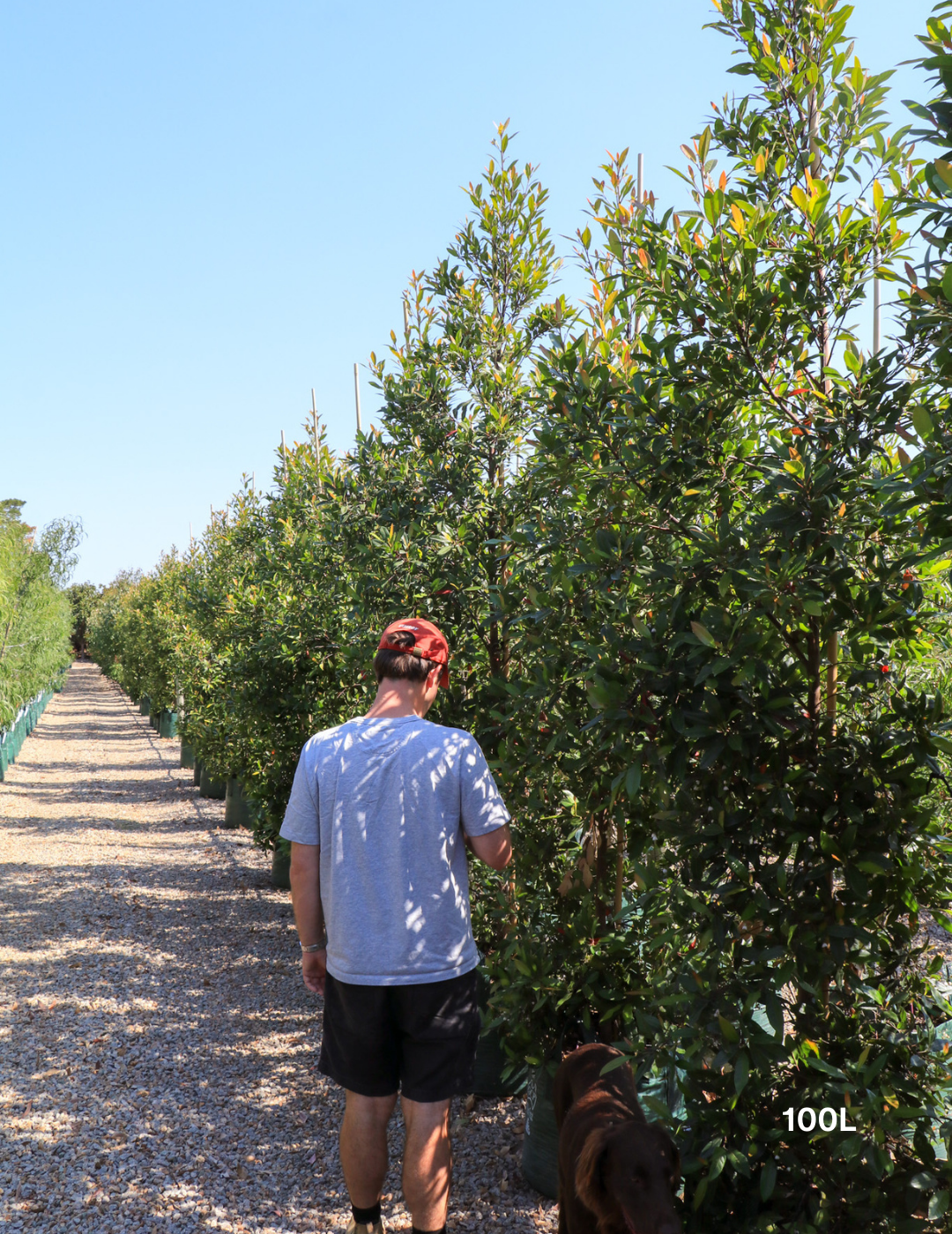
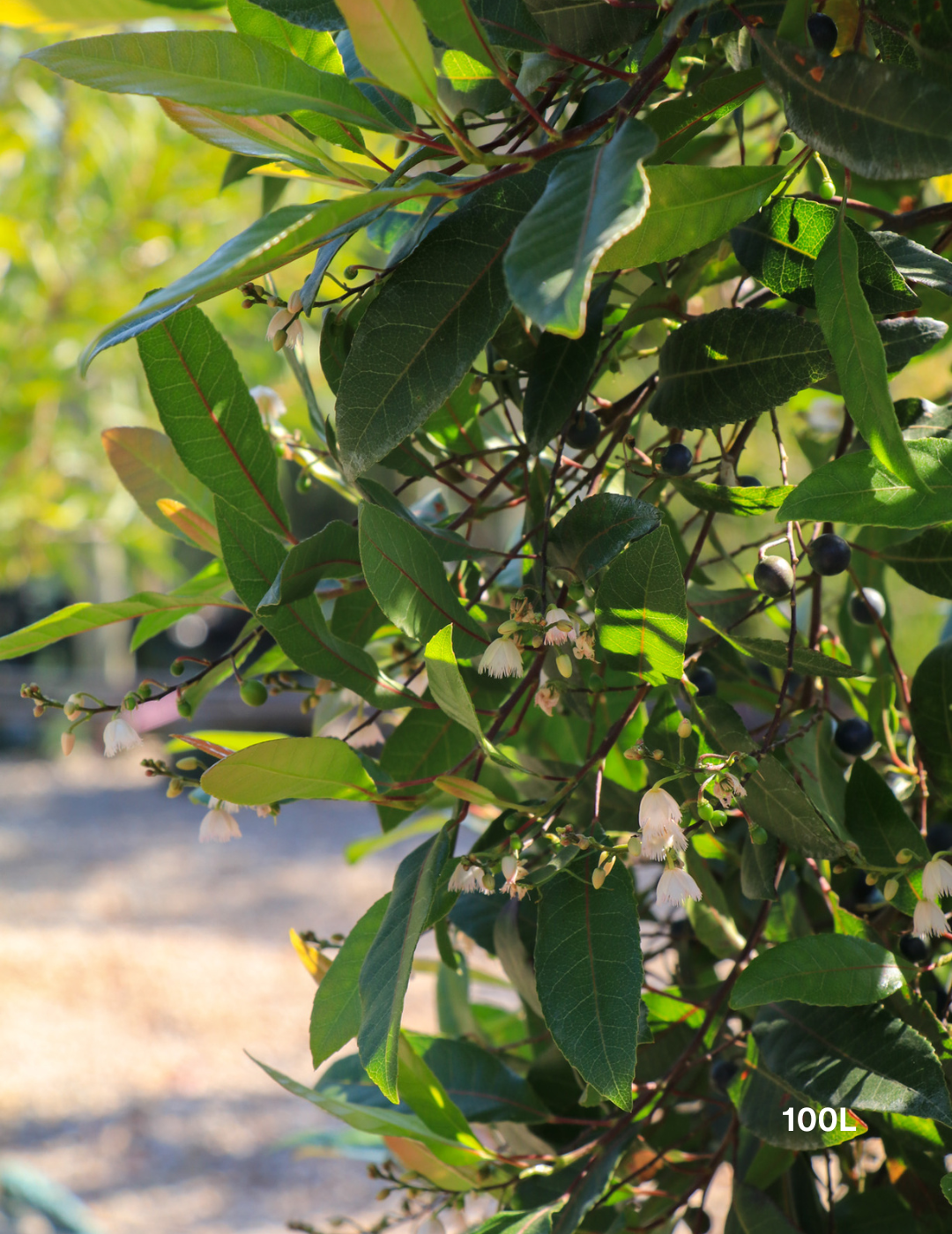
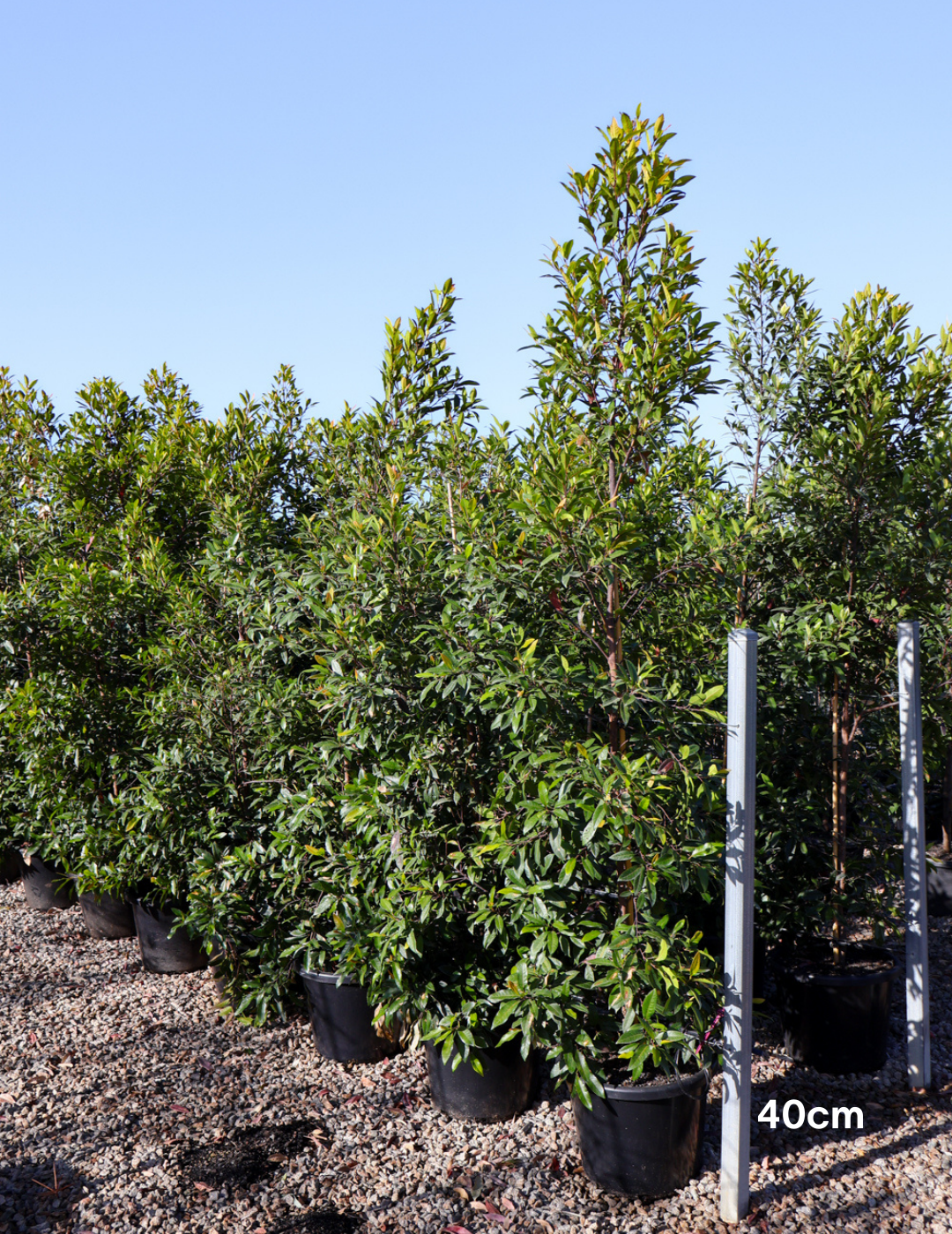
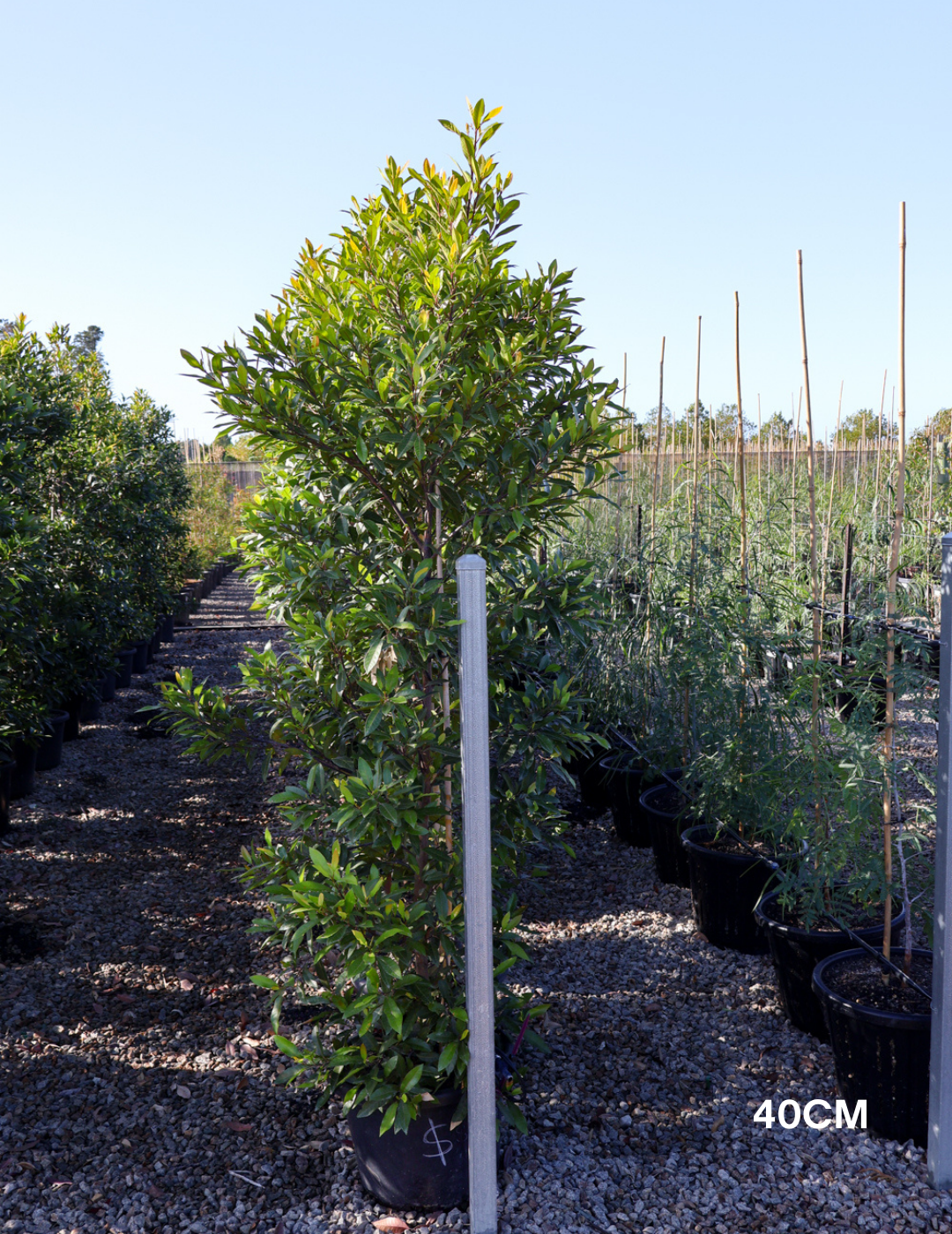
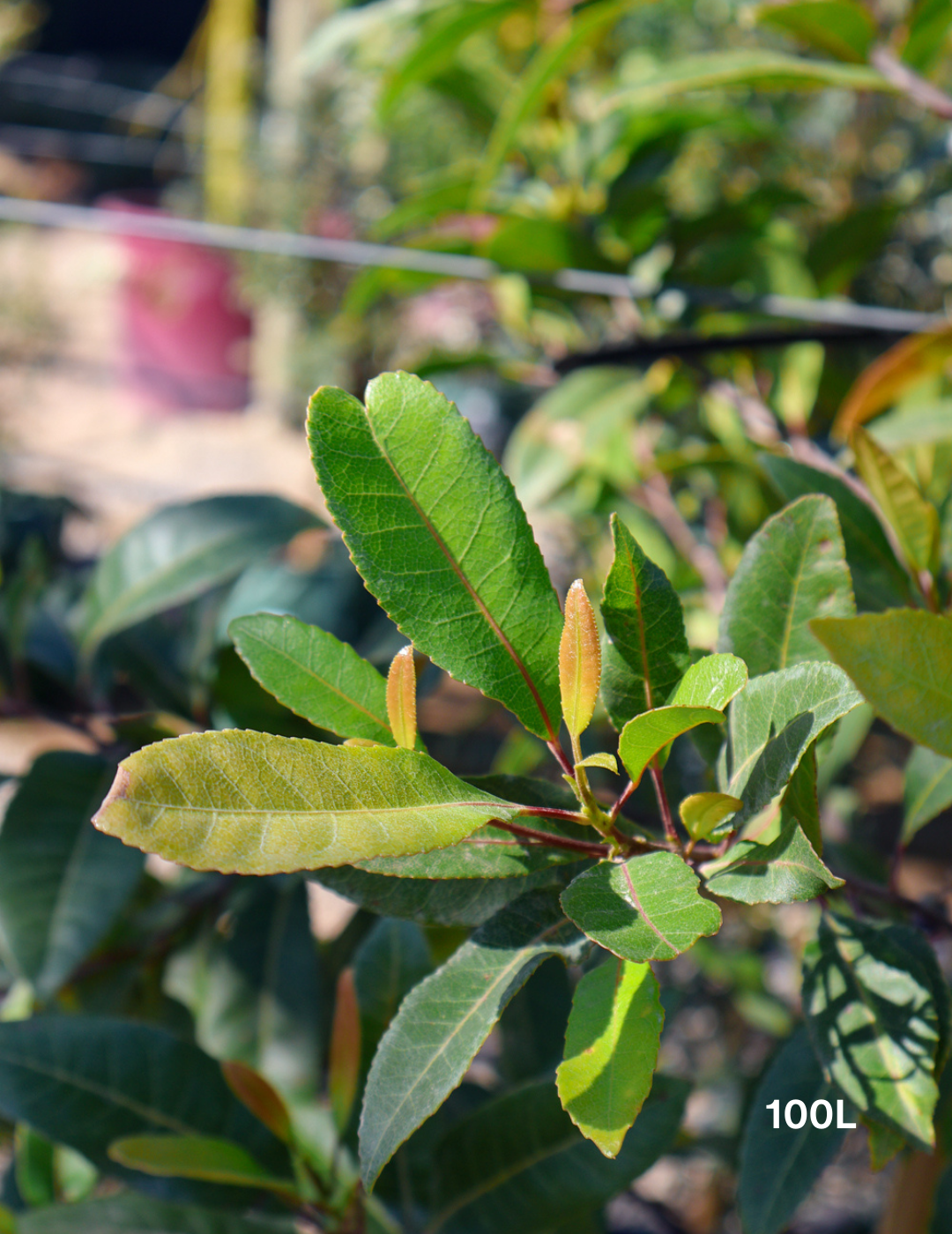
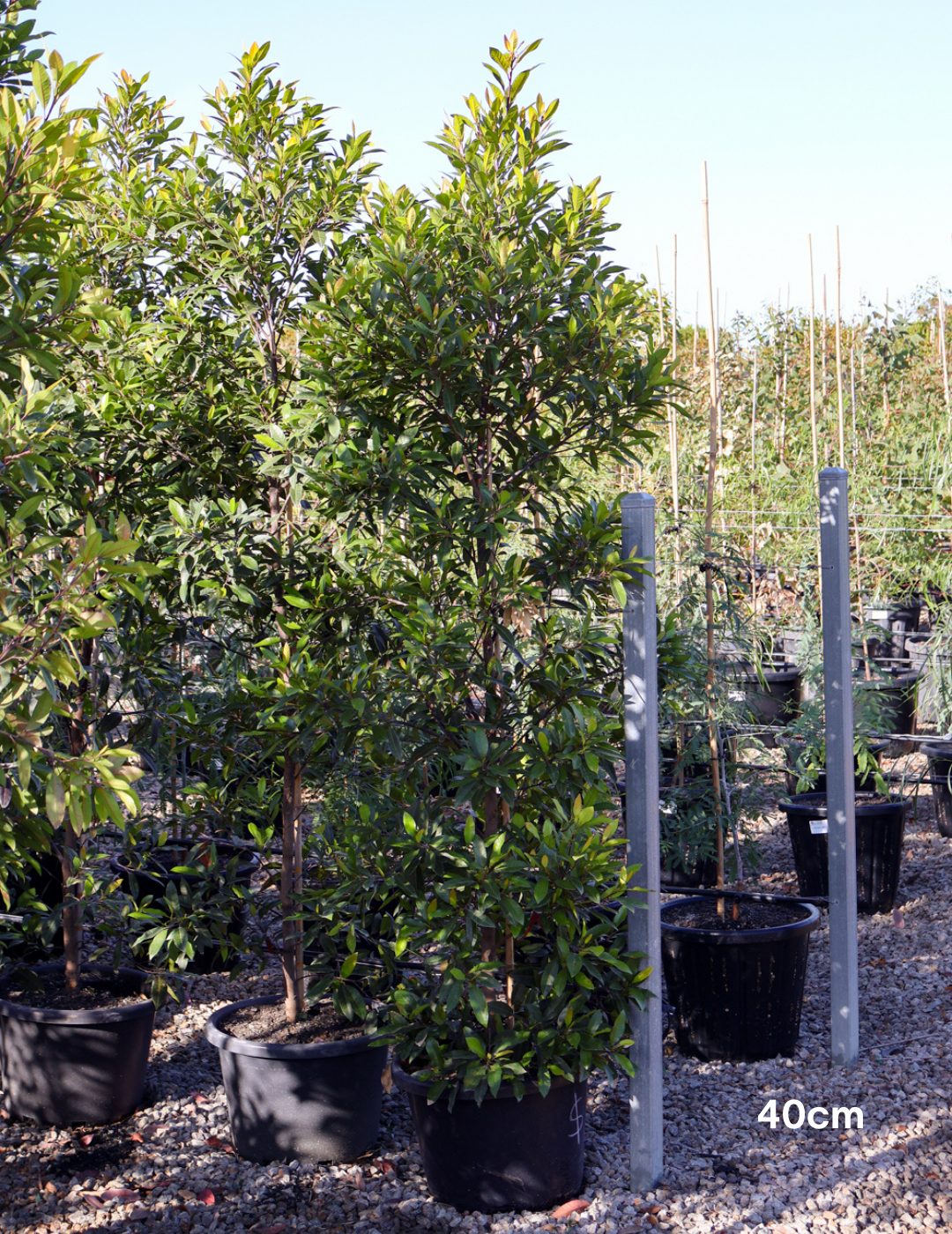
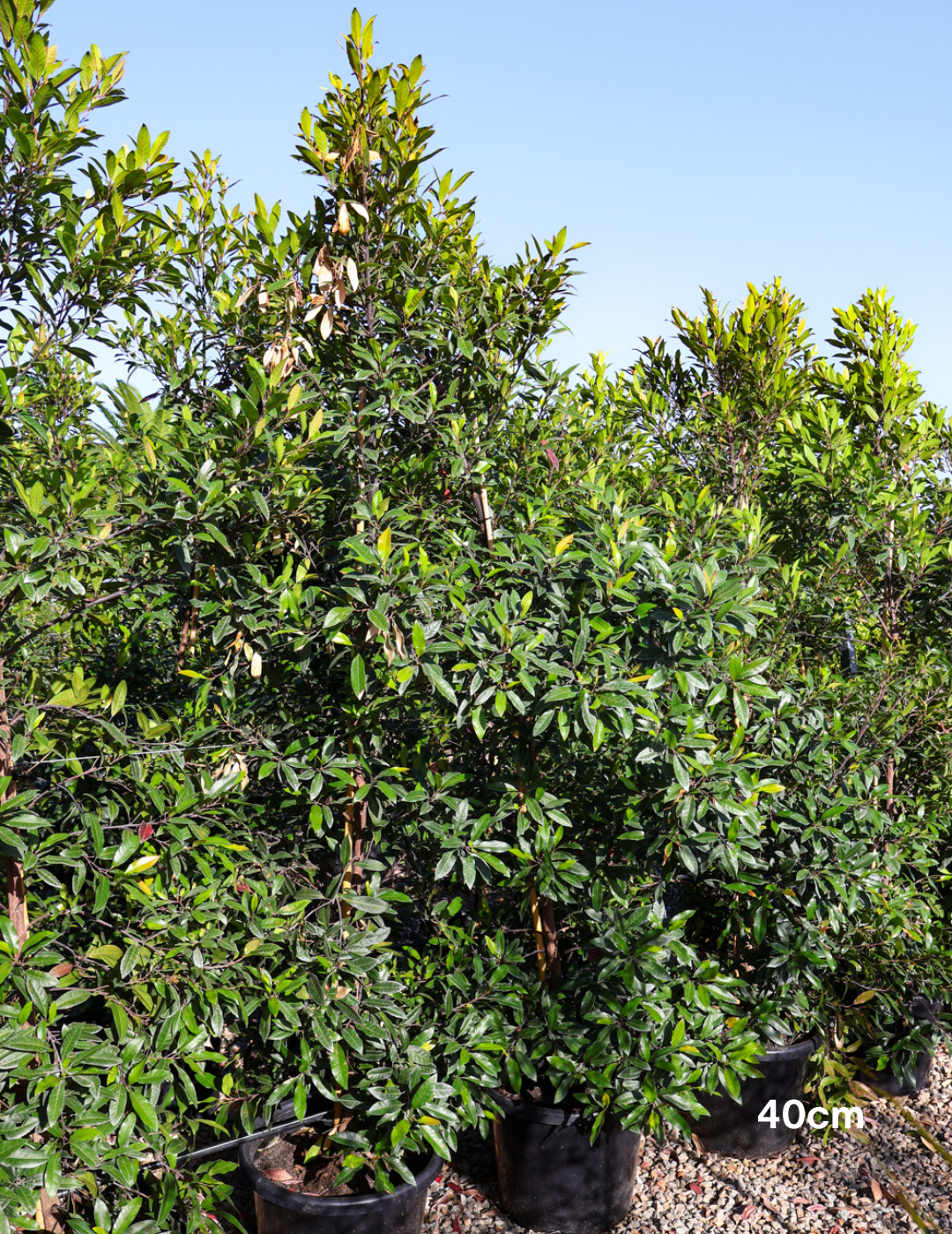
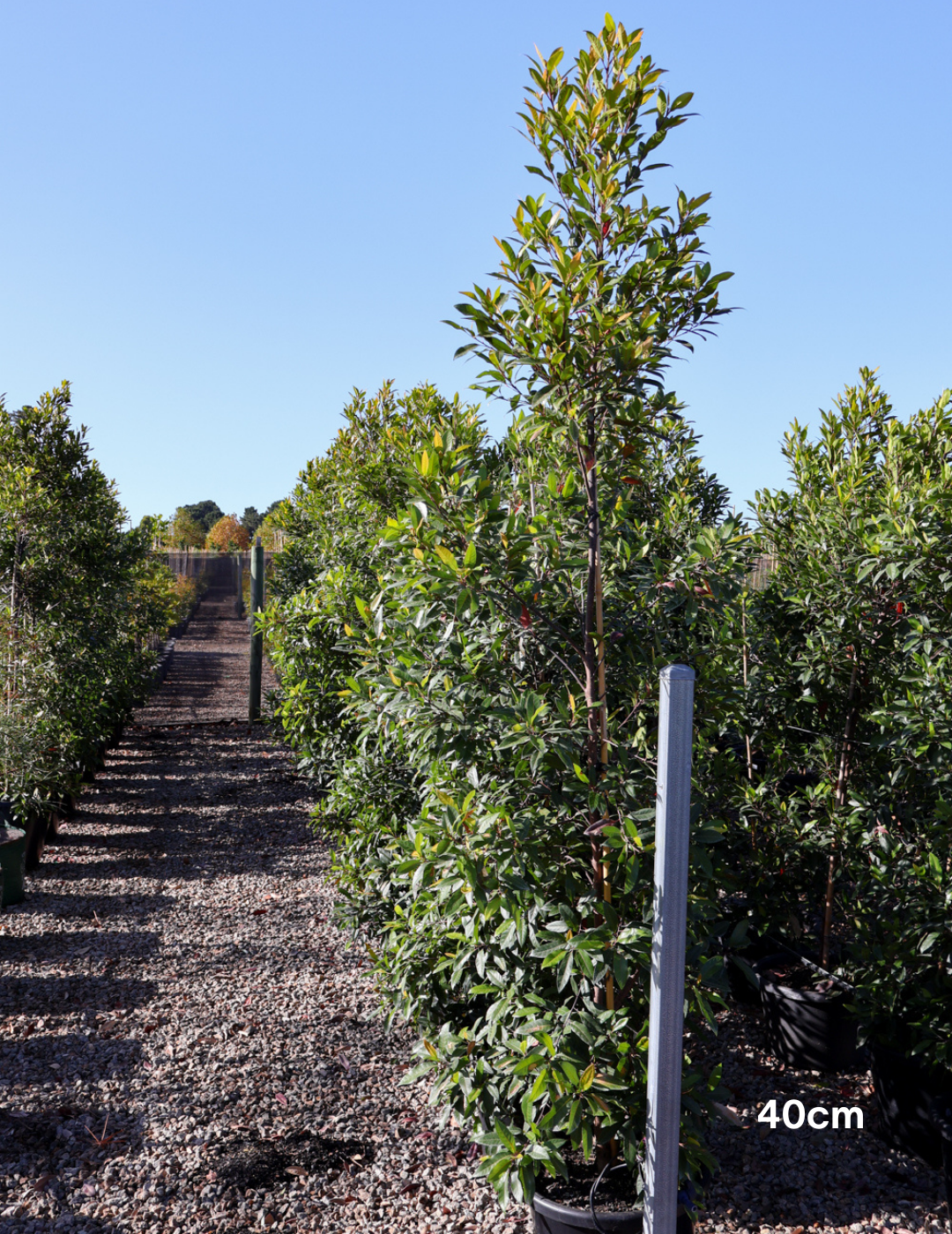
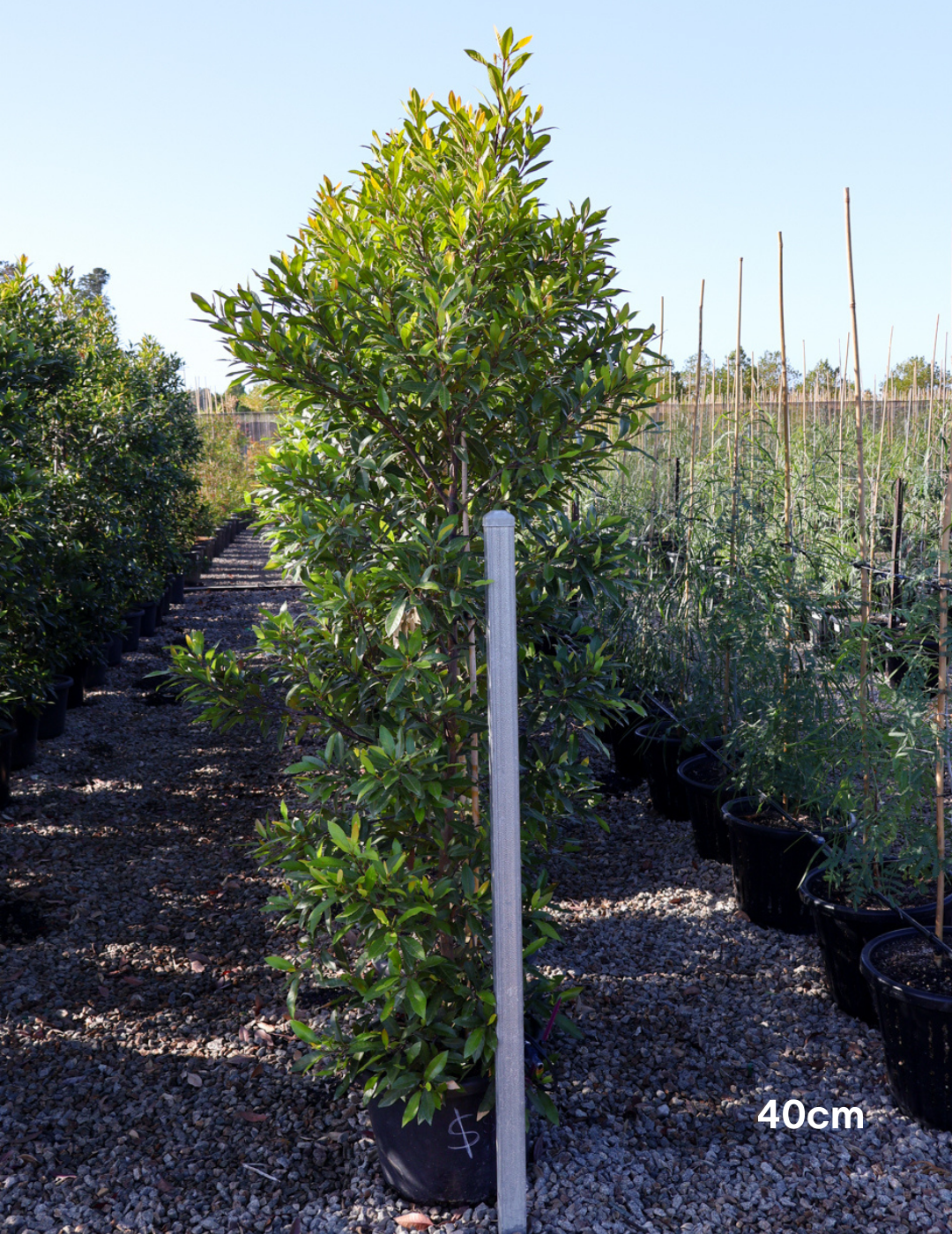
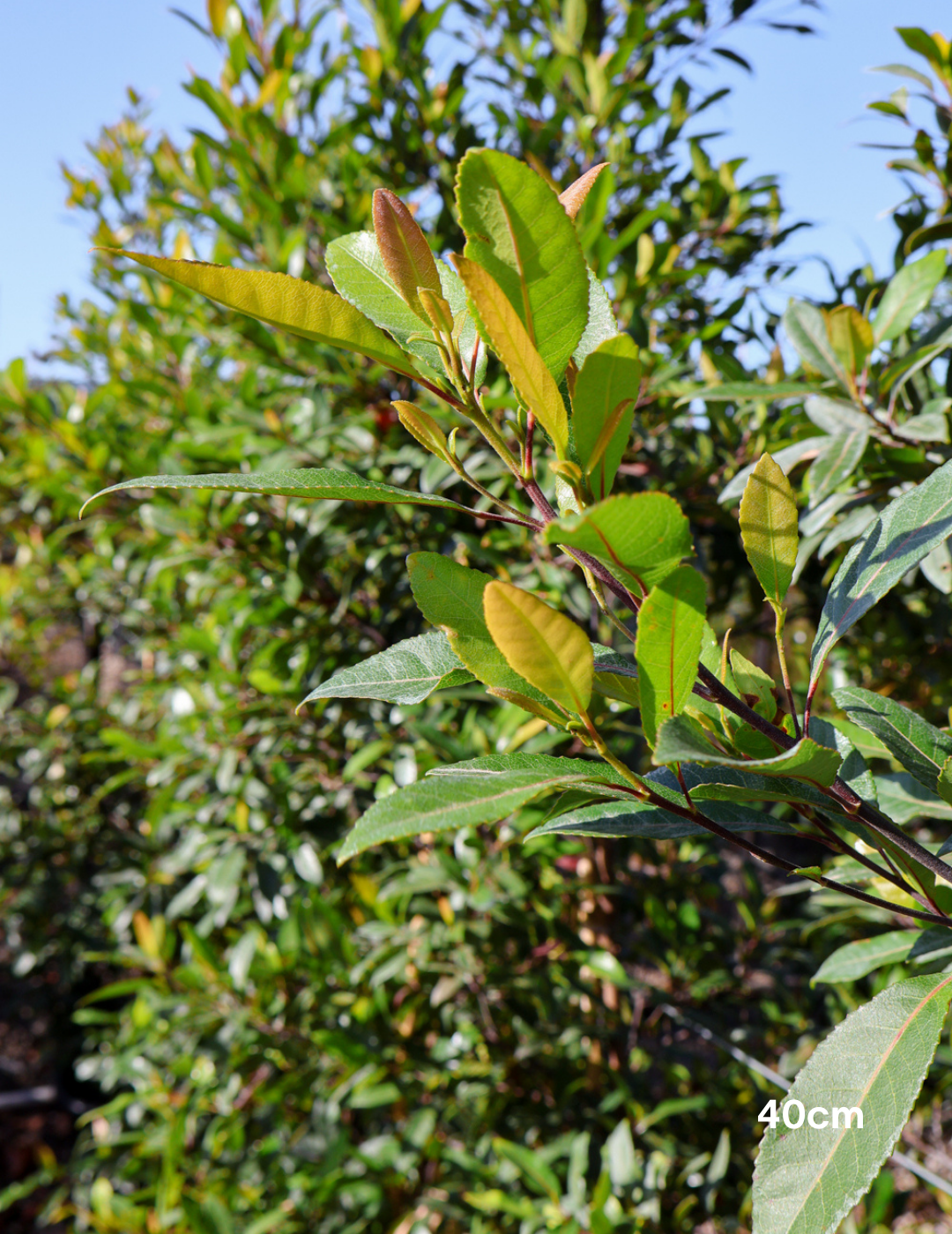
Elaeocarpus reticulatus (Blueberry Ash)
- Regular price
- $510.00
- Sale price
- $510.00
- Regular price
-
Learn About Your New Elaeocarpus reticulatus (Blueberry Ash)
Elaeocarpus reticulatus (Blueberry Ash) is a versatile, evergreen Australian native tree, known for its glossy green foliage, delicate pink or white flowers, and vibrant blue berries. This low-maintenance, drought-tolerant tree is perfect for privacy screening, hedging, and feature planting in residential and commercial landscapes. With a narrow, upright growth habit, Elaeocarpus reticulatus (Blueberry Ash) thrives in full sun to partial shade, adapts to various soil types, and provides year-round interest.
Key Features
- Common Name: Blueberry Ash
- Genus: Elaeocarpus
- Species: Elaeocarpus reticulatus
- Mature Height: 8-15 metres
- Mature Width: 3-5 metres
- Growth Rate: Moderate
- Foliage: Glossy, dark green leaves with serrated edges; new growth has a pinkish hue
- Flowering: Bell-shaped pink or white flowers from late spring to early summer
- Berries: Bright blue ornamental berries, highly attractive to birds
- Sun Requirements: Thrives in full sun to partial shade
- Drought Tolerance: Moderate; low water needs once established
- Soil Preference: Adapts to well-drained sandy soils to clay, provided they are moderately fertile
- Frost Tolerance: Withstands light frost, making it suitable for various climates
- Maintenance: Very low-maintenance; occasional pruning enhances shape and encourages denser growth
Best Uses
- Hedging & Screening: Provides a dense, evergreen privacy screen
- Feature Tree: Adds structure and seasonal interest to landscapes
- Bird-Attracting Gardens: Blueberries are a vital food source for native birds
- Coastal & Urban Landscapes: Thrives in various conditions with minimal care
- Windbreaks: Acts as a natural buffer in exposed areas
For those looking to add structure, privacy, and seasonal beauty, Elaeocarpus reticulatus (Blueberry Ash) is an excellent choice. Its dense evergreen foliage, delicate pink or white flowers, and vibrant blue berries make it ideal for hedging, screening, and feature planting. Elaeocarpus reticulatus (Blueberry Ash) thrives in Australian landscapes, adapting to various soil types, full sun, and partial shade with minimal maintenance. Whether used as a drought-tolerant privacy screen, a bird-attracting tree, or a windbreak, Elaeocarpus reticulatus (Blueberry Ash) provides year-round interest. Order Elaeocarpus reticulatus (Blueberry Ash) today.
Need Assistance For Your Next Project? Let Us Help.
Evergreen Trees Direct is Australia's unrivaled supplier of the highest quality advanced tree stock. Our extensive supplier network allows us to provide a one-stop shop for all your landscaping needs, no matter how big or small the project. We pride ourselves on exceptional service, ensuring a seamless experience from selection to delivery. Trust us to bring your landscaping vision to life with the perfect trees for any outdoor space. With our unrivaled selection and commitment to service, Evergreen Trees Direct is the top choice for landscapers, property developers, and garden enthusiasts alike.
-
 A layered, resilient coastal garden designed to withstand harsh salt winds and seasonal extremes. This Mornington Peninsula property features a cur...
A layered, resilient coastal garden designed to withstand harsh salt winds and seasonal extremes. This Mornington Peninsula property features a cur... -
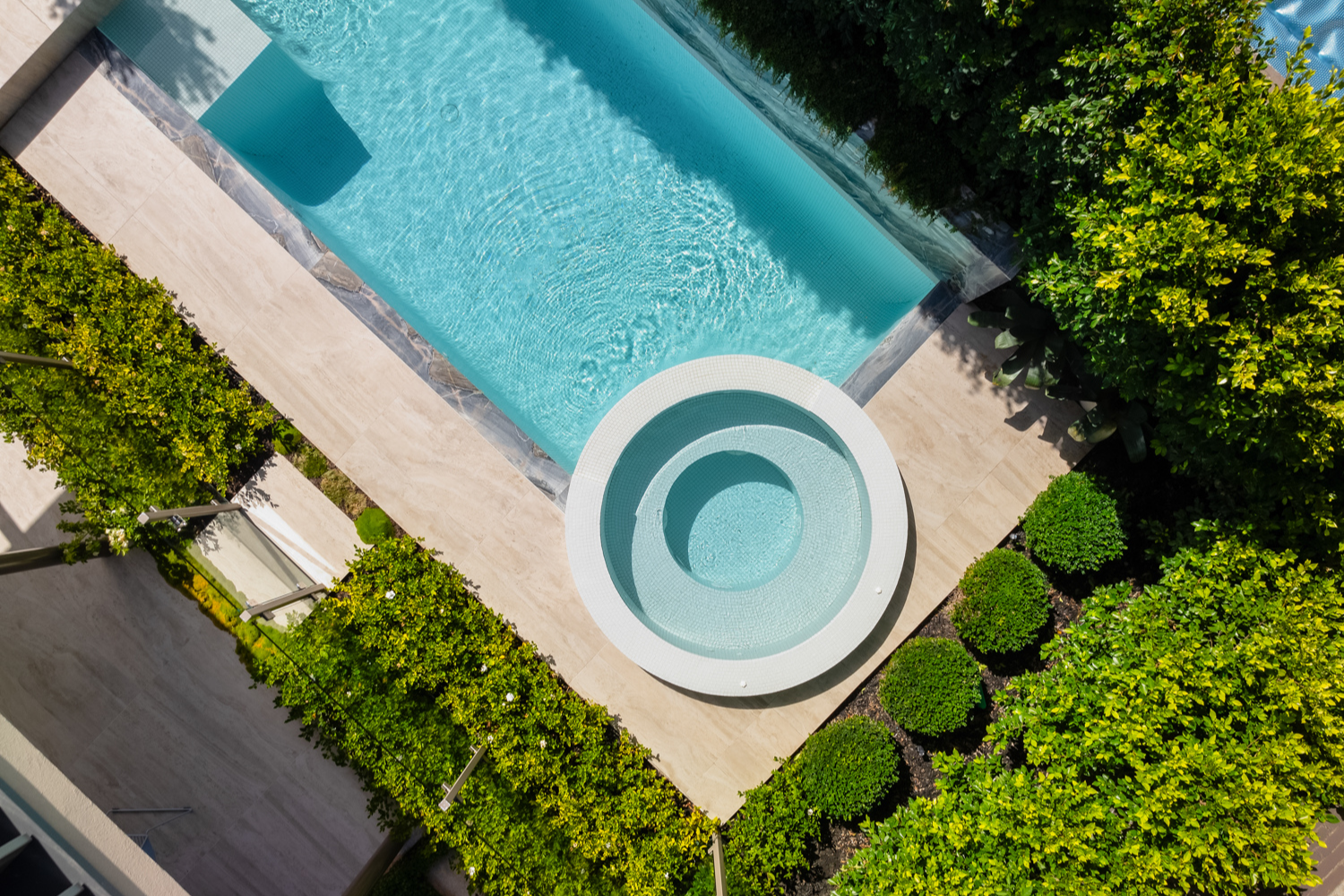
Brighton Project
Presenting our recent project in Brighton, Victoria, landscaped by Jack Merlo Landscape & Design. This modern landscape features a variety of h... -
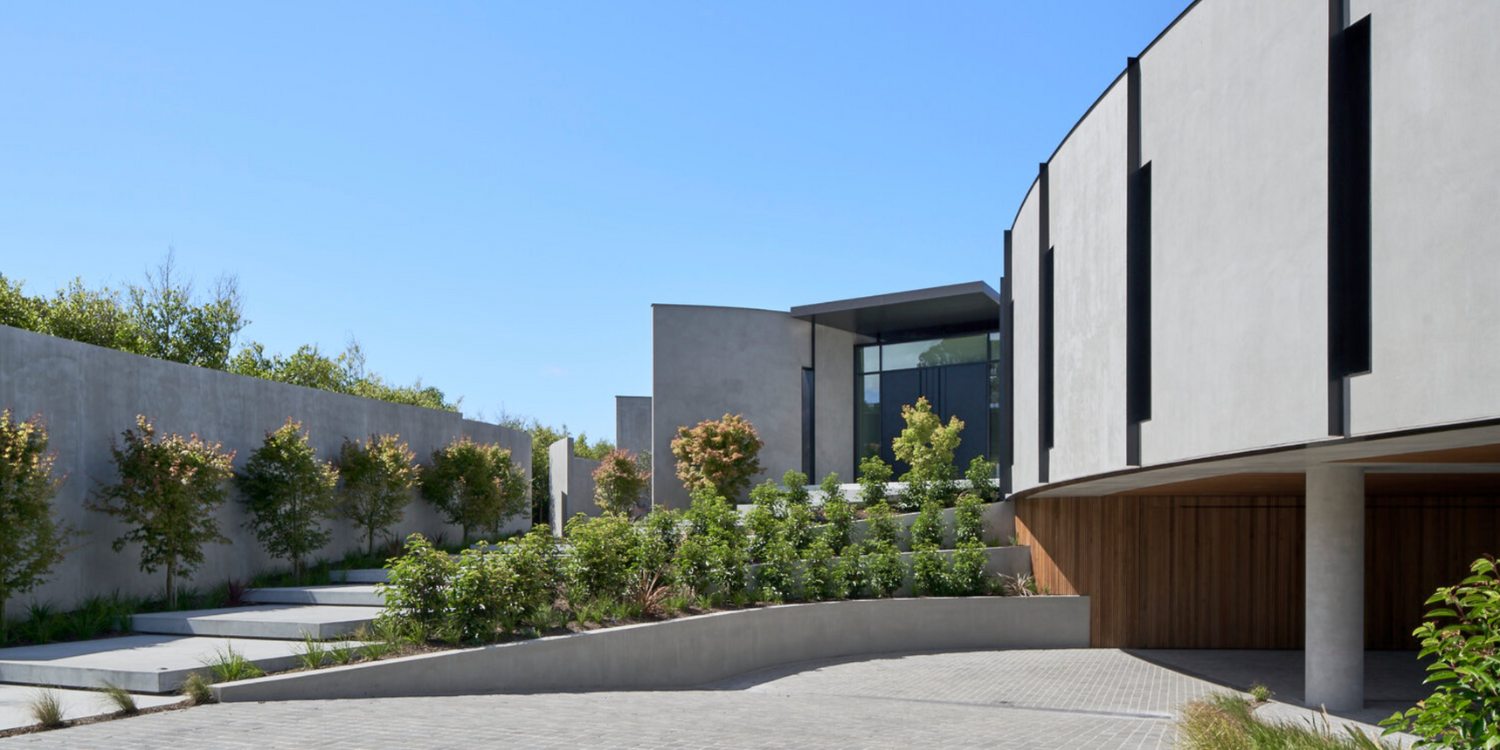
Horizon House, Flinders
Horizon House in Flinders blends nature with bold architectural design, using natural elements to enhance its modern aesthetic.Acer Palmatum (Japan...
